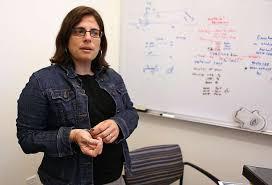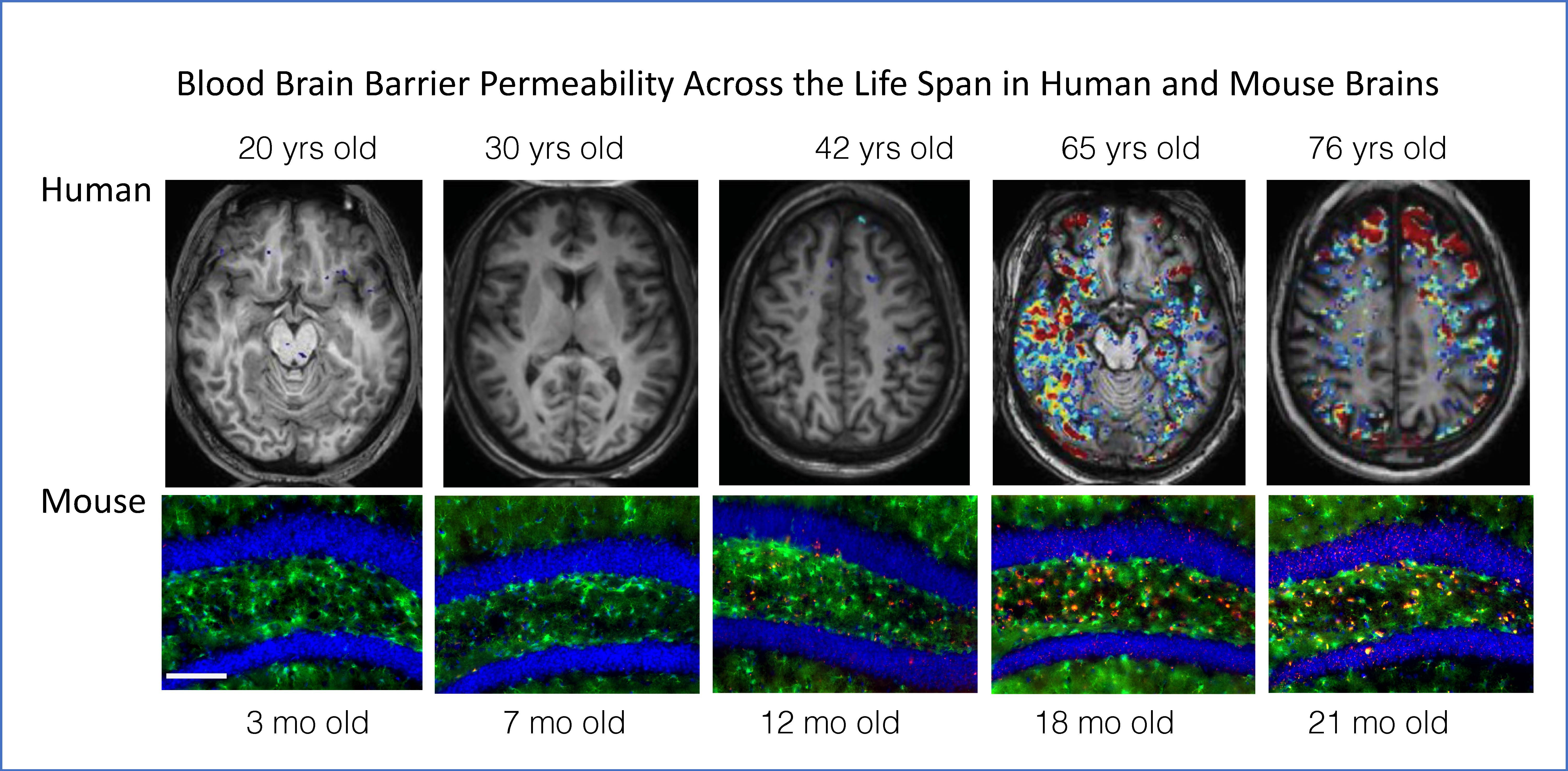
From the Helen Wills Neuroscience Institute
Congratulations to Daniela Kaufer and Bill Jagust, our 2018 Radical Ideas in Brain Science Challenge winners
The Helen Wills Neuroscience Institute announces the selection of Daniela Kaufer and Bill Jagust as the recipients of the 2018 Radical Ideas in Brain Science Challenge. Kaufer and Jagust will receive an award of up to $190,000 over two years for the following research, made possible through the generosity of Berkeley Brain Initiative donors.
The blood-brain barrier: a possible culprit in Alzheimer’s disease and age-related cognitive decline
Alzheimer’s disease (AD) and age-related cognitive decline affect large numbers of older people and there are no effective treatments. While the aggregation of the protein amyloid beta (Aβ) has been implicated in AD, Aβ does not always correlate with cognitive impairment, and drugs targeting Aβ have not been effective in clinical trials, so it is likely that other mechanisms are involved.
Kaufer and Jagust hypothesize a novel mechanism in the development of AD and related dementias: breakdown of the blood-brain barrier (BBB). Kaufer’s lab has found that the BBB, a system that protects the brain from many harmful substances in the blood, degenerates with age in rodents. This allows proteins to leak into the brain, causing inflammation and cognitive impairment. Importantly, neural functioning can be returned to a more “youthful” state when the inflammatory response is blocked.
BBB breakdown with age has also been seen in humans, and is associated with age-related neurological disease. For the Radical Ideas in Brain Science Challenge, Kaufer will team up with Jagust, who studies aging and dementia in people, to investigate the relationship between BBB breakdown and age-related cognitive impairment in humans. Using brain imaging, they will be the first to directly compare BBB dysfunction in older people to the presence of Aβ and other biomarkers of AD, as well as to memory function.
 Image: Relative permeability of the BBB in young and old human subjects using contrast enhanced MRI. The colors reflect the relative amount of a tracer that has crossed from the blood into the brain through the BBB—an indicator of vascular leakiness.
Image: Relative permeability of the BBB in young and old human subjects using contrast enhanced MRI. The colors reflect the relative amount of a tracer that has crossed from the blood into the brain through the BBB—an indicator of vascular leakiness.
To complement and expand on the human study, the Kaufer lab will use a mouse model of Aβ deposition, and experimentally mimic BBB degradation to investigate the specific mechanisms of how BBB breakdown may be related to Aβ accumulation.
By bringing together their expertise on brain aging and the BBB in rodents and humans, the team will explore this potentially game-changing new model of Alzheimer’s disease and related dementias. Ultimately, their findings could lead to new avenues for the diagnosis and treatment of these widespread and devastating conditions.
Meet the Team
Daniela Kaufer
Professor of Integrative Biology and Neuroscience
Research focus: Molecular mechanisms of brain plasticity in response to stress and neurological insults.
William Jagust
Professor of Public Health and Neuroscience
Research Focus: Anatomic, biochemical, and neurochemical bases of brain aging and dementia.
About the Radical Ideas in Brain Science Challenge
This is the second year of the Radical Ideas in Brain Science Challenge, made possible by generous donor support. This year’s focus was The Aging Brain. The Challengeprovides critical funding to trail-blazing, high-risk, high-reward projects to better understand the brain and mind. It is also an innovative model for future research collaborations to catalyze similar groundbreaking neuroscience discoveries. The selection process was managed by the Helen Wills Neuroscience Institute. Visit the Radical Ideas in Brain Science Challenge program page. to learn more about the program.